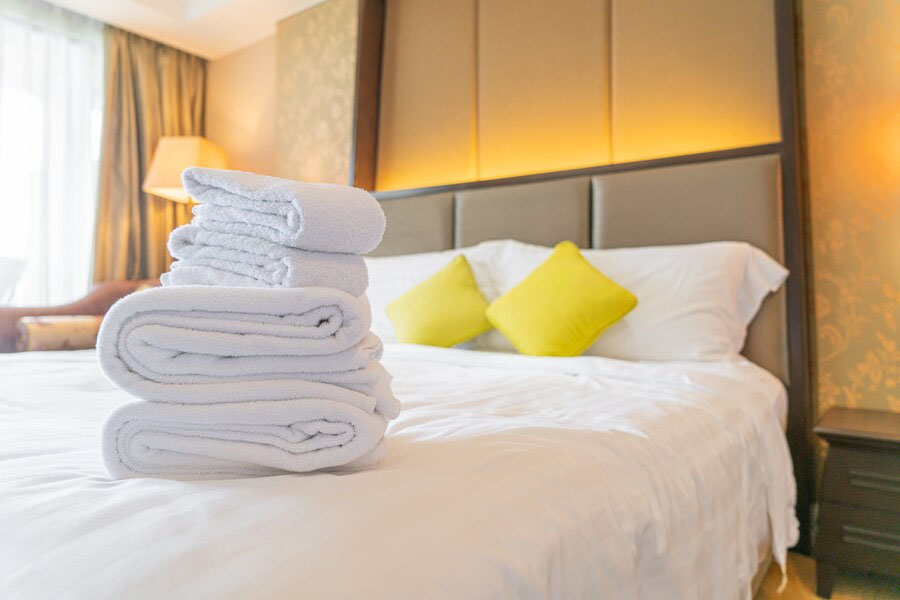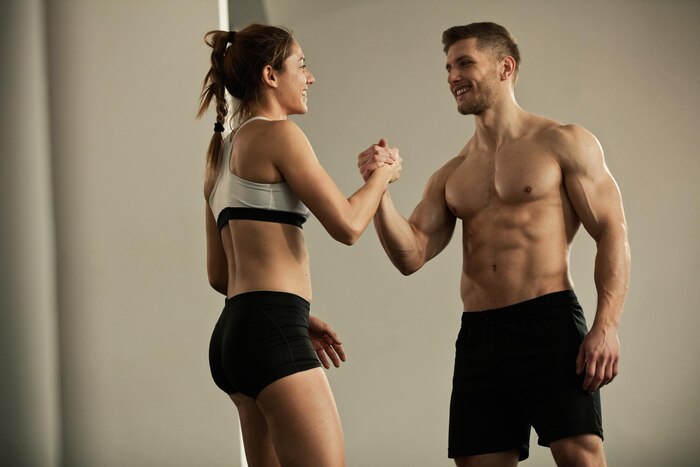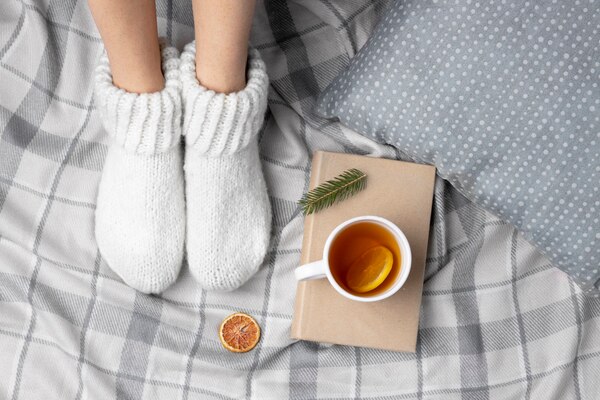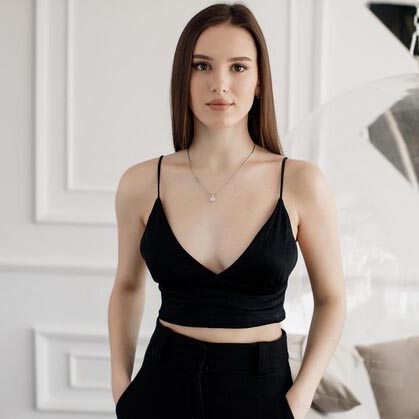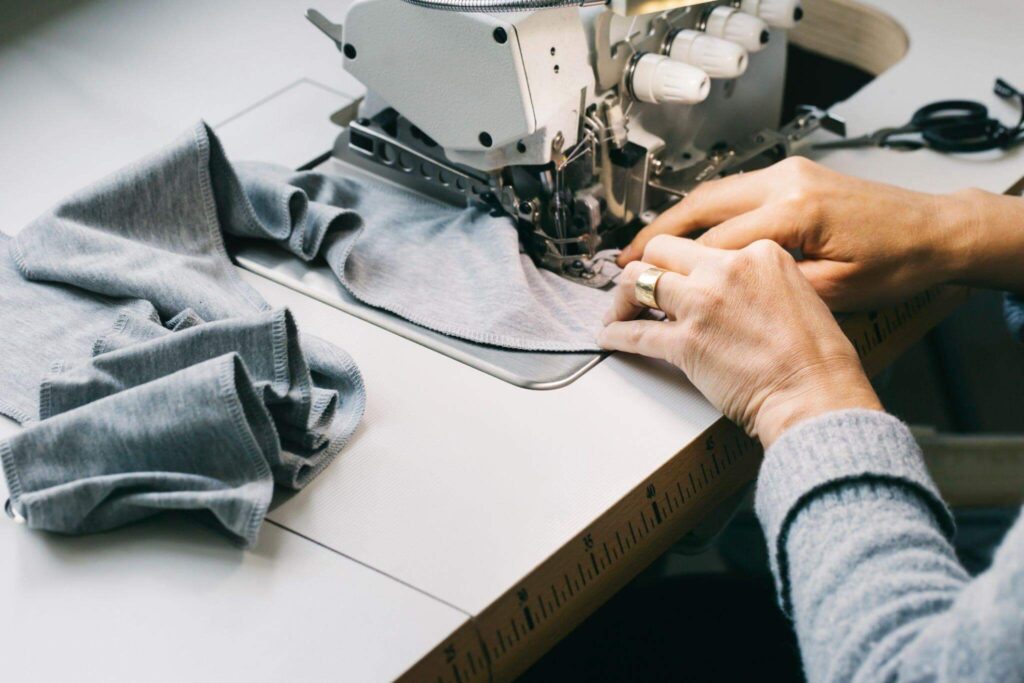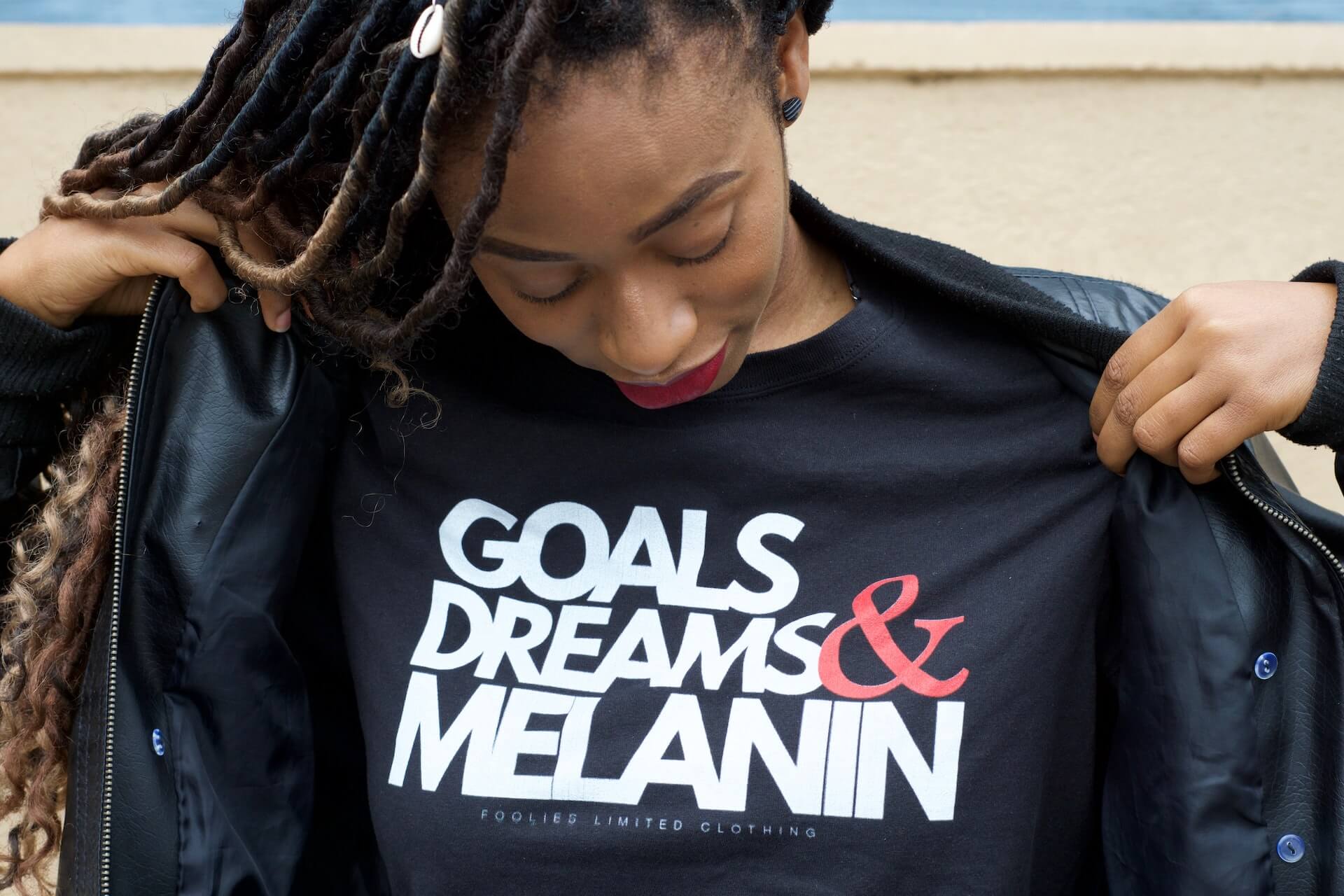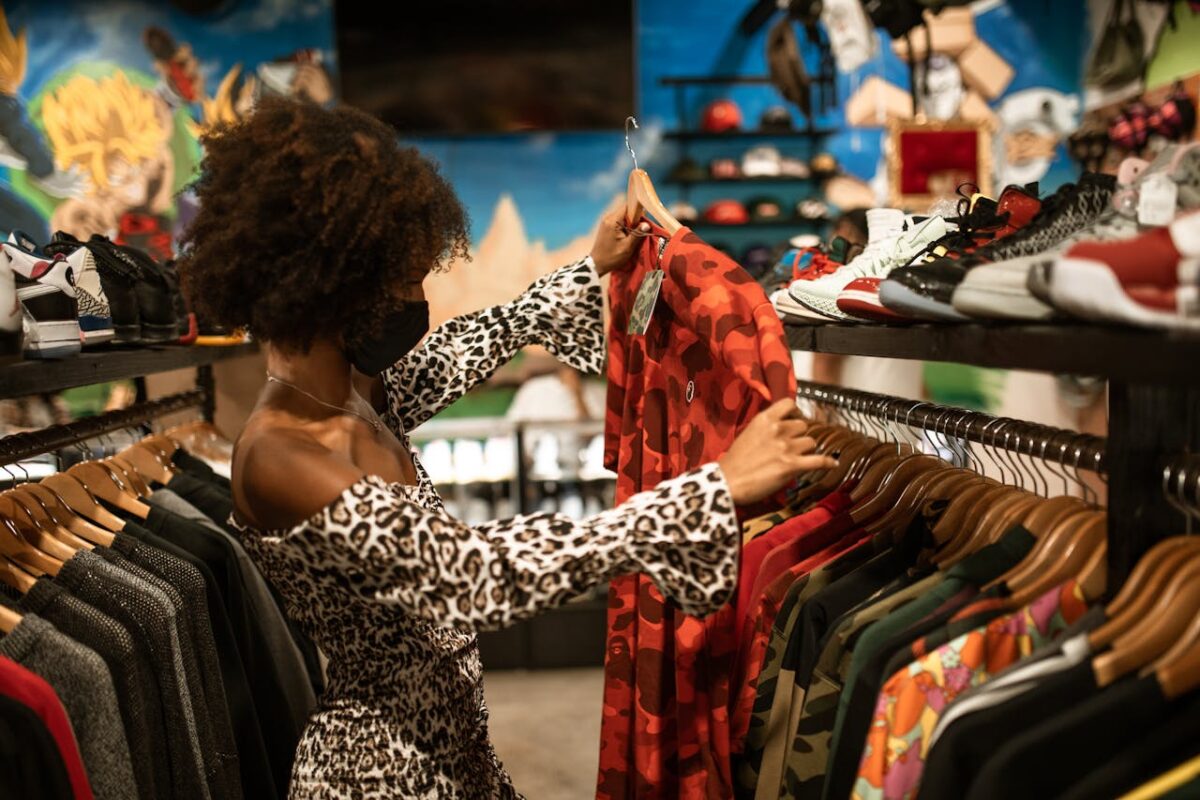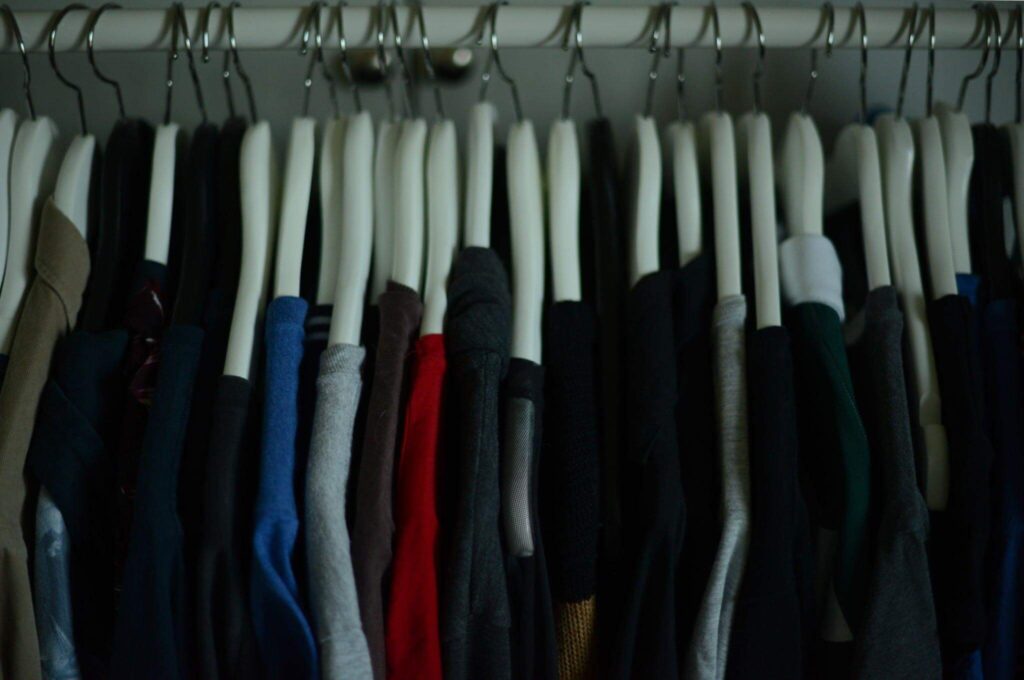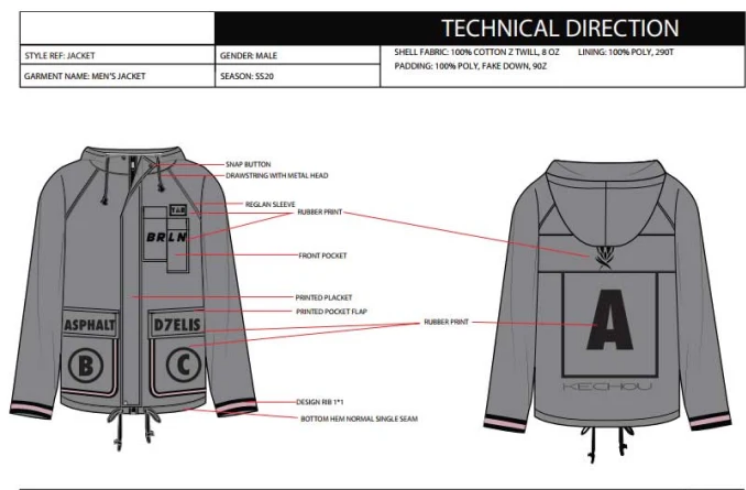What Is Cut and Sew, and How Does it Work?
If you’re into fashion, there’s no way you wouldn’t have heard the term, “cut and sew.” If you have questions like, what is the definition of cut and sew, what does cut and sew mean, and what are the benefits of cut and sew design? We’re here to help.
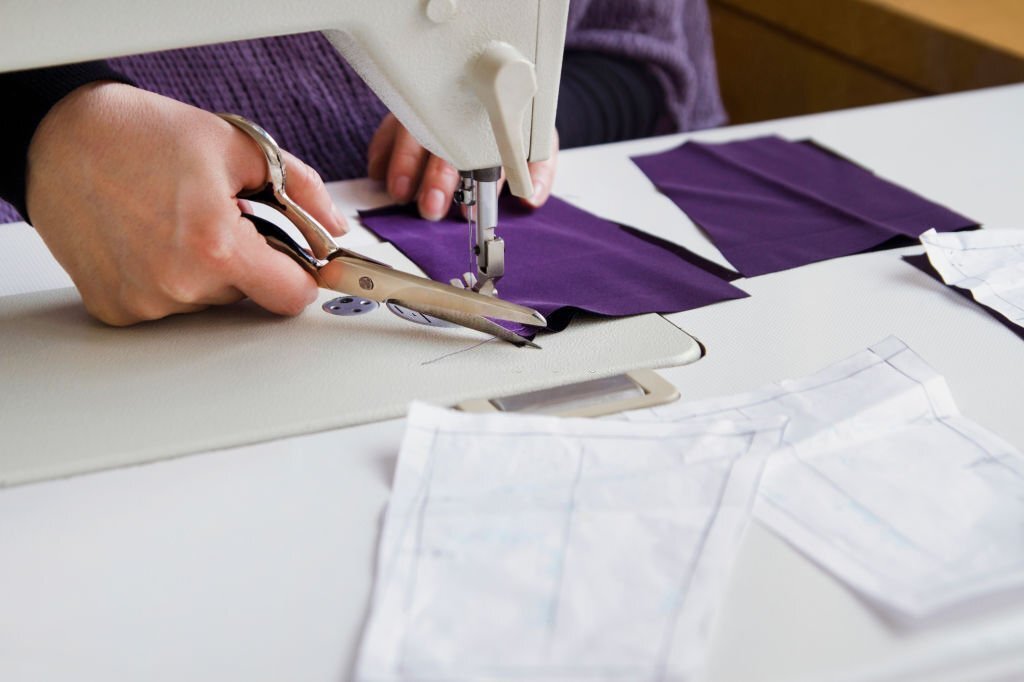
What Is Cut and Sew?
Cut and sew garments are custom-made from raw fabric rather than being imprinted on an already existing garment. This allows for a more personalized and unique look that can be tailored to the specific individual.
Cut and sew garments often require more time and effort to create, but the results are worth it! Keep in mind that cutting and sewing is not about making a shirt smaller by cutting it; it’s basically a design process!
So, now that you know the cut and sew meaning, let’s talk about how cut and sewing work.
How Does Cut and Sew Work? Step-to-Step Guide
How t-shirts are mass-produced sewing? Whether you want to design a t-shirt or skirt, keep in mind that it won’t be easy.
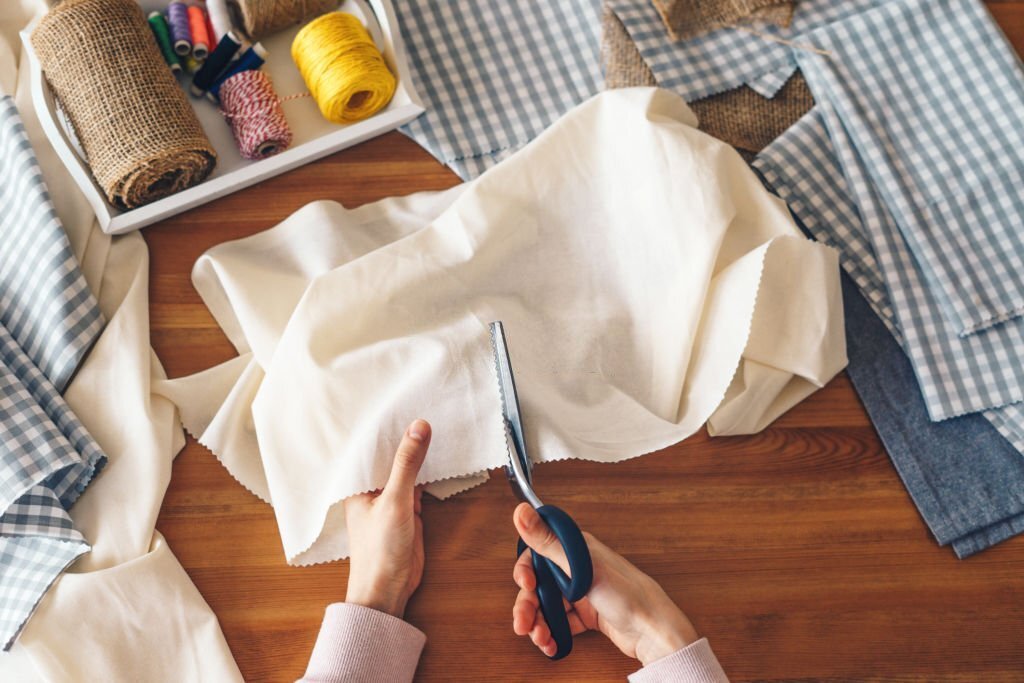
Sew and cut design process comprises the following steps:
Step 1: Generate a Sketch of the Design
How to cut and sew a dress for beginners? The first step in creating a cut and sew garment like custom-made t-shirts is to generate a sketch of the design. This will be used to create a spec sheet, which is a document that contains all of the information necessary to create the garment. This includes measurements, fabric type, and design details.
Step 2: Create a Paper Pattern
As with any garment, the next step in creating a cut and sew garment is to create a paper pattern. This paper pattern will be used to create the garment’s basic shape and will be used as a guide when cutting out the fabric.
A paper pattern tells you the size and shape of pieces to cut out of fabric in order to create your garments.
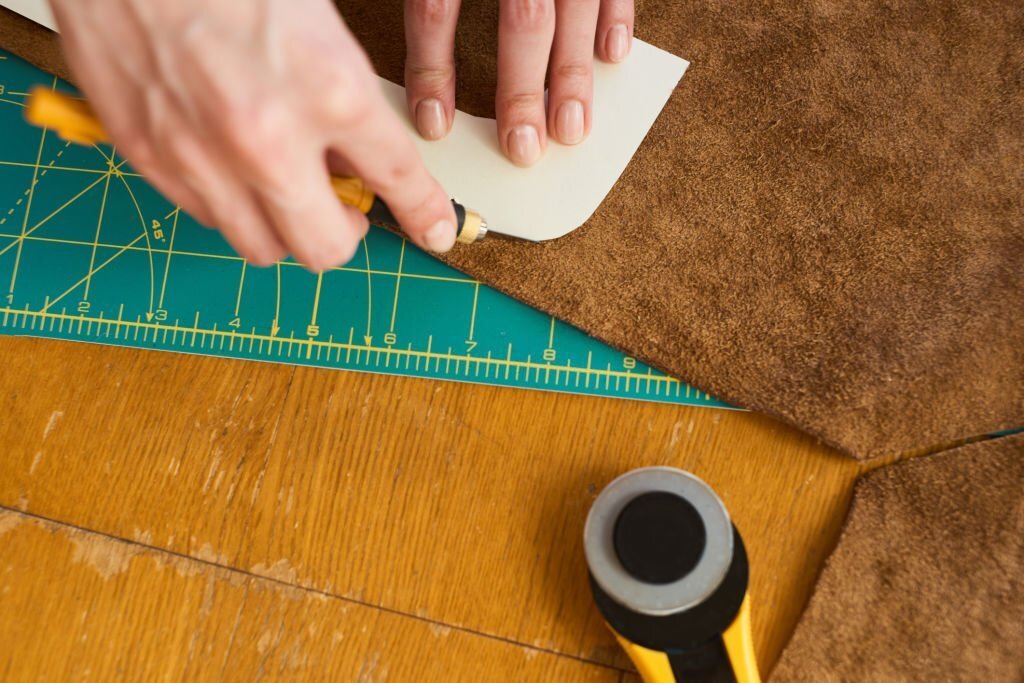
There are a few different ways to create a paper pattern, but the most common method is to use a template. A template is simply a piece of paper that has the basic shape of the garment you want to create. You can purchase templates at most fabric stores, or you can make your own using a piece of cardboard or poster board.
Once you have your template, trace it onto tracing paper or pattern paper. If you are using tracing paper, you will need to use a light box or sunny window to see the template through the paper. Once you have traced the template onto the paper, cut it out.
Step 3: Create a Garment Sample
After the pattern is complete, move to creating a garment sample and fitting it on a model. This helps to ensure that the garment will look good and fit well before you start making the final product. Here, you can fix anything that doesn’t look good to you.
Step 4: Adjust the Fit
There might be one fitting, but that’s not usually the case. This is what people mean when they say that cutting and sewing are time-consuming processes. In this step, you will have to make sure to adjust the sample and pattern every time you adjust the fit.
You’ll have to keep repeating this process until you’re happy with the final product. Many people make 200-300 samples before they lock the sample for a t-shirt, but you don’t have to. Just focus on making 3 to 4.
How long does it take to sew a shirt? About 12-16 hours, but as cut and sew is not necessarily a sewing method, keep in mind that it can take some time before you get everything right.
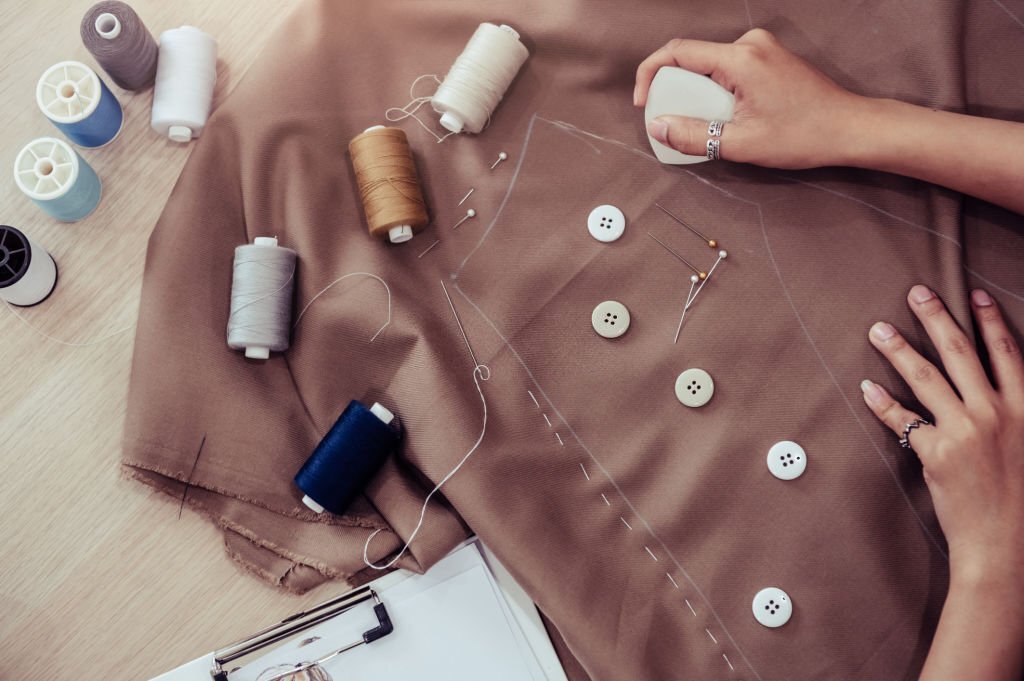
What are the Benefits of Cut and Sew?
There are many benefits to cut and sew apparel manufacturing which is why it is such a popular choice for clothing and other textile products.
Print Limitation? Cut and Sew Is Unaware of it!
One benefit of cut and sew is that it offers no print limitation, meaning you can produce as many unique designs as you want. This is especially beneficial for businesses or individuals who want to create exclusive, one-of-a-kind products. Cut and sew also allow for a higher degree of customization, so you can really make your product stand out from the rest.
Need Control Over Quality? Choose Cut and Sew Design Process!
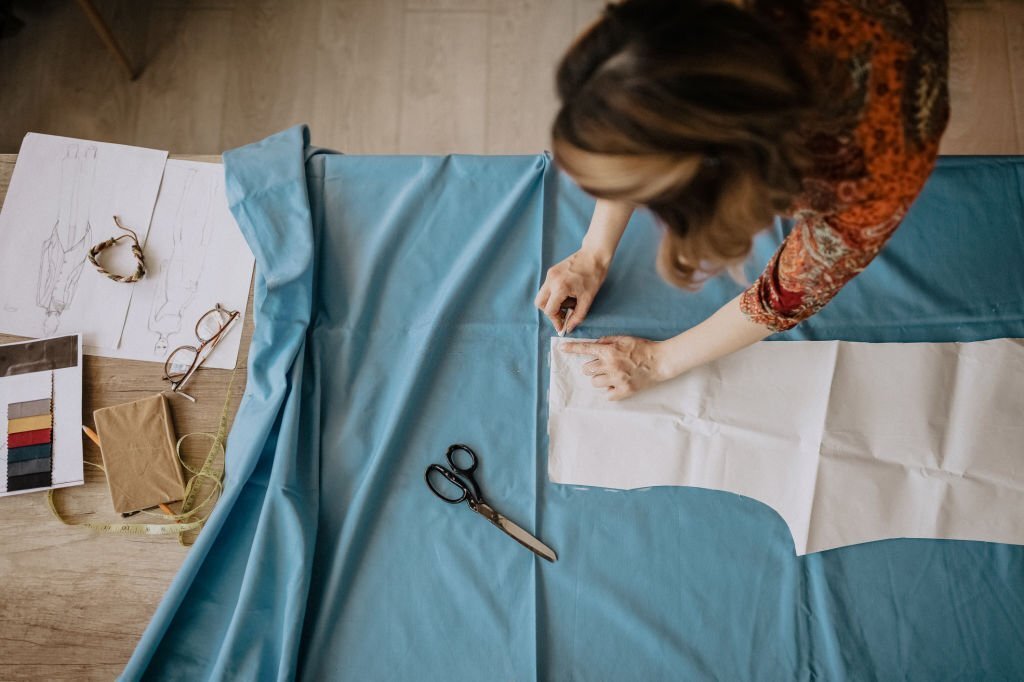
Cut and sew is often seen as a more premium option when compared to traditional mass-produced items. This is because it offers greater control over the quality of the finished product.
When done correctly, cutting and sewing can produce items that are of a higher quality. An example would be that many eCommerce brands prefer tearaway labels, but if you run your own brand or a private label and want to deliver your customers high-quality products,
you can choose where the labels go. This type of customization is only possible with the cut and sew design process. But wait, what is a private label? A private label is a product or service that is produced by one company and then sold under another company’s brand.
Cut and Sew vs. Sublimation
There are a few key differences between cut and sew garments and sublimation shirts.
First, cut and sew garments like a custom hoodie and shirt are made from raw fabric means the fabric is printed first, and then the garment is made, while sublimation shirts have an image printed onto a special paper first.
Then, that image is transferred onto the shirt. This means that sublimation printing can be more precise.
Additionally, sublimation often has seams that can be visible, while cut and sew shirts do not. This is because sublimation is unable to reach certain areas like underarms, whereas in cut and sew, each panel is dyed before being sewn together, ensuring that the garment is completed covered.
Finally, sublimation printing is typically done on polyester materials, while cut and sew can be done on a variety of fabrics. In simple words, cut and sew garments can be made with different fabrics as long as it is compatible with your chosen print method, which is a plus.
How to Find a Cut and Sew Manufacturer?
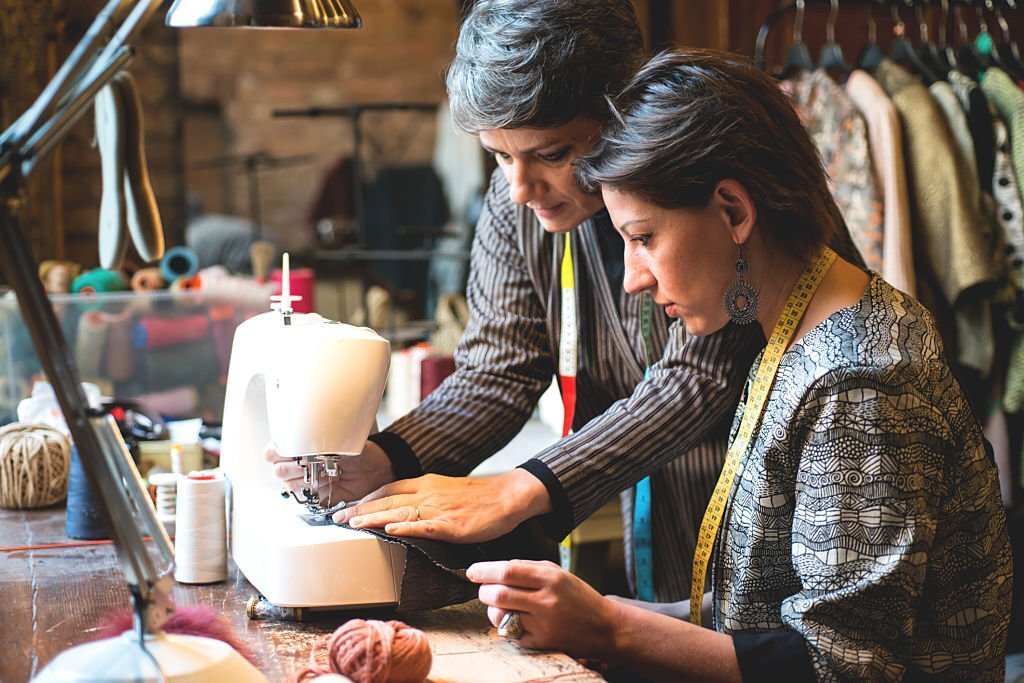
If you’re looking for a garment manufacturer that can provide you with high-quality, custom-made clothing, you may want to consider working with a cut and sew manufacturer. Cut and sew manufacturers are able to create garments from scratch, using raw fabric and your specified design.
This allows for a greater degree of customization than what is possible with other types of casual wear manufacturing.
If you’re interested in working with a cut and sew manufacturer, there are a few ways to go about finding one. You can start by searching online for “cut and sew manufacturers” or “custom clothing manufacturers.” This should give you a list of potential vendors to work with.
Alternatively, you can reach out to your network of contacts in the fashion industry and see if they have any recommendations. Once you’ve compiled a list of potential manufacturers, you can begin reaching out to them to learn more about their services and pricing.











